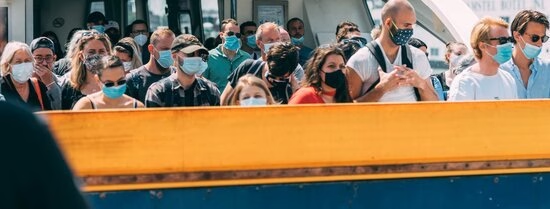During the first wave of Covid-19 infections in the Netherlands, many studies were started within ESSB on the impact of the virus and its related measures on society. The results of some of these studies have now been published.
Are you curious about the implications of these research results? Click on the name of the researcher and get in touch.






